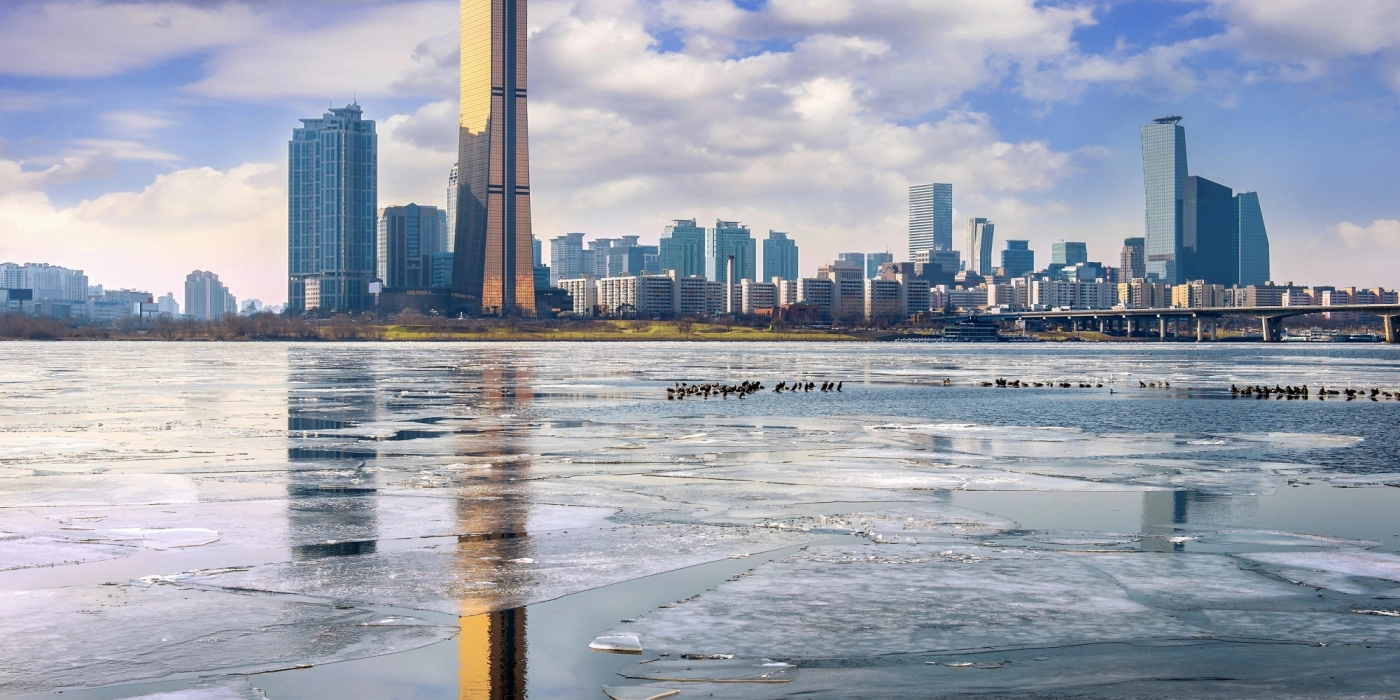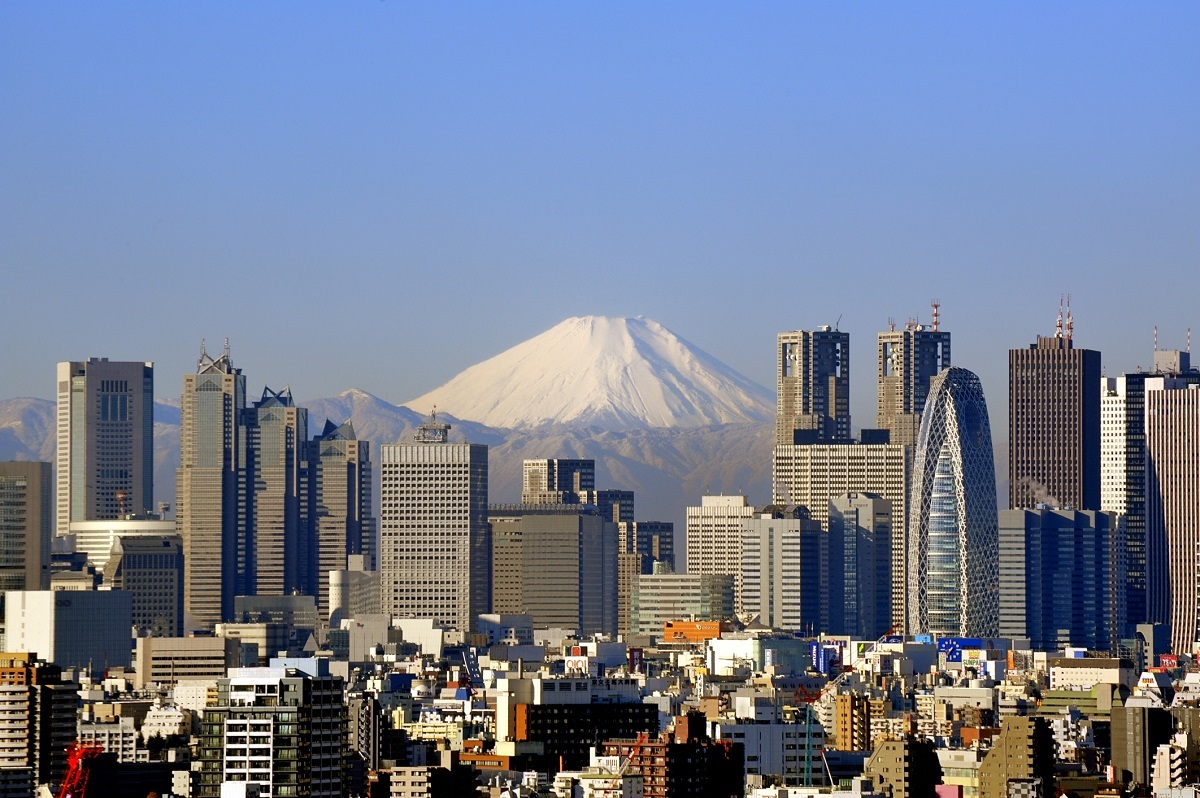Over the past decades, South Korea’s economy has grown and evolved to the point where it is now considered a developed economy. However, the economy now appears to be losing steam, eliciting market concerns of Japanification, which is usually defined as a prolonged economic growth slump coupled with lower inflation and interest rates.
Although South Korea seems to have shielded its economy from the pandemic shock, we expect potential growth to fall below 2% in the coming years, led by increasing structural headwinds such as an ageing population, shifts in the global supply chain and higher household debt.
Bank of Korea (BOK) was the first central bank in Asia since the Covid-19 pandemic began to raise benchmark interest rates in August to address concerns over growing financial instability. Along with the structural headwinds, the BOK’s hawkish monetary policy stance in response to higher household debt and house prices, poses new risks to growth, could reignite deflation concerns and increase Japanification risks in the coming years.
Sweden is a good example of the consequences of monetary policy targeting the housing market. It adopted its “leaning against the wind” policy between 2010 and 2014 to curb household debt and house prices, but abandoned it later due to the higher-than-expected deflation threat, despite managing to stabilize the housing market and debt growth.
The BOK’s hawkish stance will likely create more cyclical headwinds to the consumption recovery, leading to stagnant growth in the domestic economy. In the longer term, that means Korea will likely follow in Sweden’s footsteps and discontinue this policy experiment as the risks of Japanification intensify.
As a result, we expect the BOK’s hiking cycle to end at no higher than 1.5% by end-2022 before it starts easing again as early as H1 2023. Subsequently, we expect it to adopt unconventional monetary policy to combat the deflation threat.
For Korea’s economy, Japanification is expected to be a recurring theme as it gradually returns to normal from Covid-19.
For more on the Japanification of Korea, read our full report.






